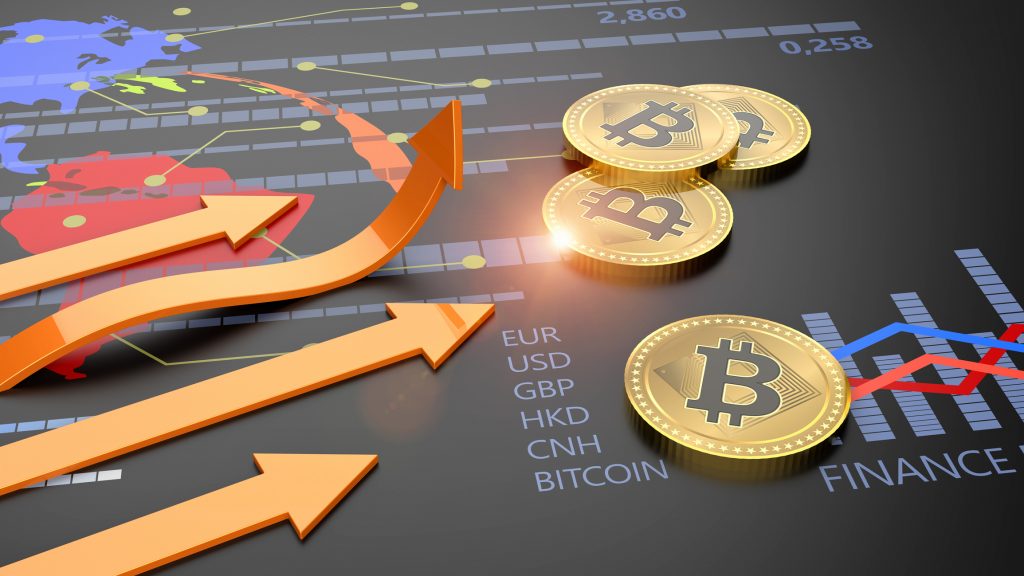
We’ve come a long way from trading pelts and seashells as currency, and there have been many changes to how we produce and use currency between then and now. The value of currency and inflation affect us all, as we’ve seen recently at the gas pump and the grocery store. Here’s what we can learn about our present from the history of money.
Inflation Then and Now
Inflation is nothing new. The ancient Romans caused inflation by mixing their silver coins with other metals so that they could mint more of them. The result was that the inflation rate reached about 15,000% between AD 200 and 300.[1] It’s important to consider how much you’re left with after inflation when planning for retirement. We’ve seen high inflation recently, and no one knows when it will return to the Federal Reserve’s target rate of 2%. Consider that after 10 years of 7% inflation, $1 million would be worth about half – $508,350.[2]
The Gold Standard
Since countries can print as much paper money as they want, potentially decreasing its value, England introduced the gold standard in the early 1800s. In this system, the unit of currency is typically kept at the value of a fixed quantity of gold. However, this system has drawbacks, such as the inability to keep up with the currency needs of a growing global economy,[3] and was abandoned by the U.S. in 1971.[4] While we haven’t seen continuously high inflation since, inflation rates were at record highs in the 1970s and early 1980s. More recently, we’ve seen inflation spike again as the prices of gas, food, and other essentials rise noticeably.
The Future of Money
You’ve probably heard of cryptocurrency, even if you don’t own it or don’t know the specifics. America may one day have a digital dollar. The Boston Fed, in partnership with MIT, tested a digital dollar recently in a project referred to as ‘Project Hamilton’. No one knows what new technologies or government policies we could see in the future, or how this could affect each of us.
[2] https://www.buyupside.com/calculators/inflationjan08.htm
[3] https://www.britannica.com/topic/gold-standard
[4] https://bulliontp.medium.com/1971-nixon-and-the-end-of-the-gold-standard-c43ff69221ad
The commentary on this blog reflects the personal opinions, viewpoints, and analyses of BML Wealth Management’s employees providing such comments and should not be regarded as a description of advisory services provided by West Wealth Group, LLC. The views reflected in the commentary are subject to change at any time without notice. Nothing on this blog constitutes investment advice. Any mention of a particular security and related performance data is not a recommendation to buy or sell that security. Investing involves risk, including the potential loss of principal. No investment strategy can guarantee a profit or protect against loss in periods of declining values. Past performance is no guarantee of future returns.
Investment advisory services through West Wealth Group, LLC, an SEC Registered Investment Adviser. BML Wealth Management and West Wealth Group, LLC are affiliated entities. Insurance Services are offered through BML Wealth & Insurance Services, California Insurance License #0M15550.
We do not provide tax or legal advice, all individuals are encouraged to seek guidance from qualified professionals regarding their personal situation. Any references to protection benefits or steady and reliable income streams in this guide refer only to fixed insurance products. They do not refer, in any way, to securities or investment advisory products.






